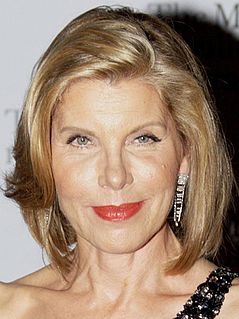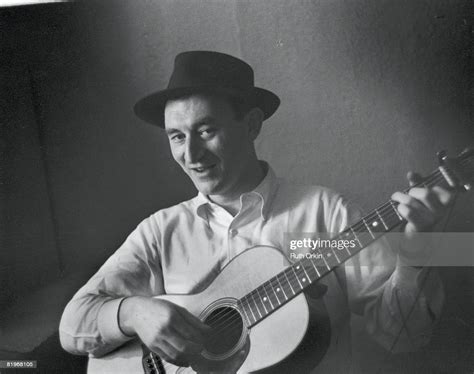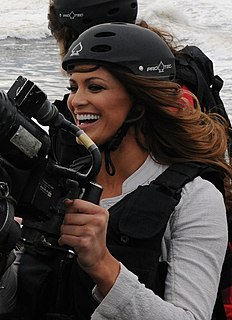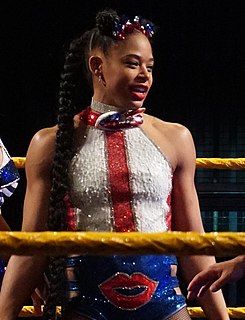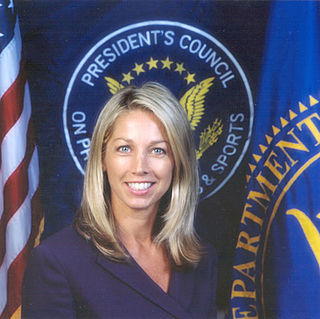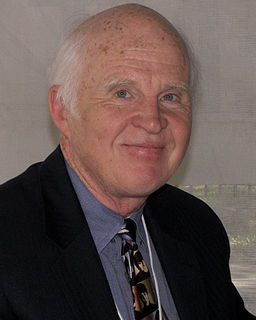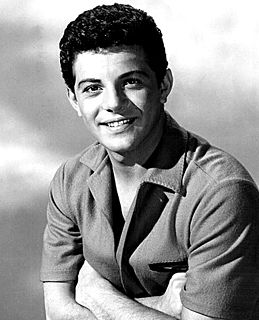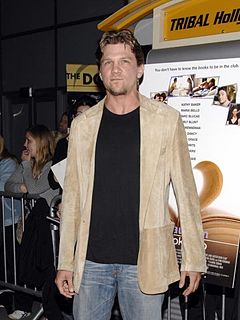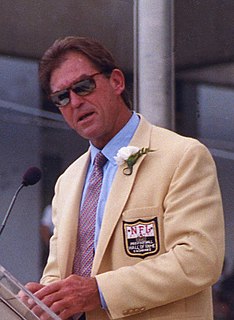A Quote by Christine Baranski
I got into Julliard on almost a full scholarship.
Quote Topics
Related Quotes
The transition from sports into acting was something I got blindsided by. I had a full scholarship to law school. I had a different life planned. I started a business, and I was all ready to go. I suddenly got in a local movie, just to say to my kids one day, "Yeah, your old man was in a movie," and I caught the bug.
Toward the end of 11th grade, my acting teacher asked me if I was thinking about going to college. I said, 'Yeah, I think so.' He said, 'You should audition to Julliard.' I was like, 'What's that?' I'm accepted to Julliard, and I realize within the first couple of weeks just how lucky I was to be in the program.
So basically my, my foundation does this thing called gap coverage for, you know, students that apply for our scholarship program. What it means, it's not like quote, unquote 'full scholarship.' They apply for financial aid and, and FAFSA and things like that. Then whatever's not covered, my foundation covers.
My older brother was a musical prodigy, and he got a scholarship to the Bronx House Music School. We moved to the Bronx when I was 4 to be close to his music school. Then I got a music scholarship myself, at the age of 6, but that was for a school down in Greenwich Village. I had to take the elevated train and then the subway to get there.
I will go wherever the truth leads me. It is secular scholarship, Rebbe; it is not the scholarship of tradition. In secular scholarship there are no boundaries and no permanently fixed views.” Lurie, if the Torah cannot go out into your world of scholarship and return stronger, then we are all fools and charlatans. I have faith in the Torah. I am not afraid of truth.
